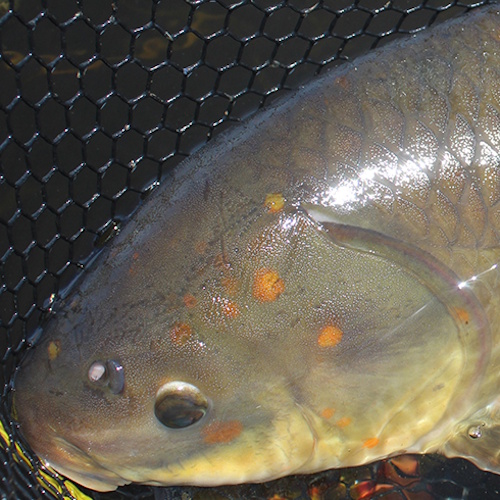Key points from article :
The bigmouth buffalo, North America's longest-lived freshwater fish, has recently captured the attention of scientists due to its extraordinary lifespan and biological resilience. Some individuals have been documented to live over 127 years, defying the typical signs of ageing. Unlike most organisms, these fish appear to grow healthier as they age, with improved immune function and no significant telomere shortening, which is a common indicator of biological ageing. However, despite their longevity, bigmouth buffalo populations are facing a critical crisis, as no new generation of fish in Minnesota’s Rice Lake has successfully reached adulthood in over 60 years.
This alarming trend is believed to result from predation by young pike, which hatch earlier and prey on buffalo fry. Additionally, the fish are threatened by habitat disruption, lack of conservation protections, and widespread misconceptions that they are invasive or ecologically insignificant. These factors have led to declining population resilience, leaving the species vulnerable to extinction if adult mortality increases. Despite their unique biology and ecosystem importance, bigmouth buffalo remain under-studied, with little funding or research dedicated to understanding their basic ecology or addressing their conservation needs.
Researchers are racing against time to unravel the mysteries of these fish, including their ability to stave off ageing and the causes behind their reproductive struggles. Without urgent conservation measures and further study, the world could lose a species with invaluable biological insights and a fascinating role in freshwater ecosystems.






